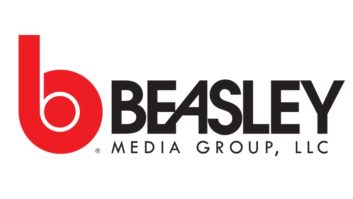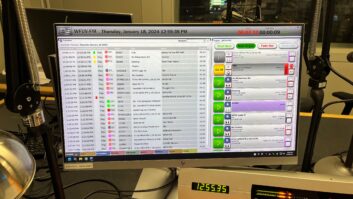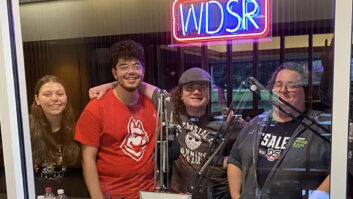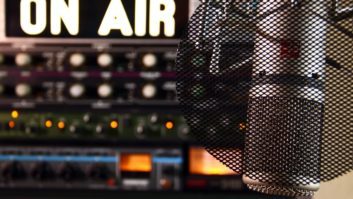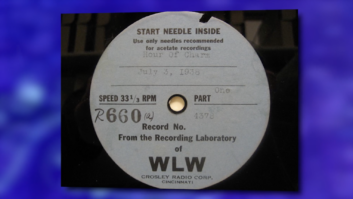This is one in a series of special reports for “Survival Guide 2: Radio’s New Media Leaders,” a supplement to the Sept. 24, 2008 issue.
NPR affiliate KUT(FM) in Austin, Texas, has a simple tactical reason for providing music content to NPR Music, the public radio organization’s “multimedia music discovery site” that launched in late 2007.
(click thumbnail)Stewart Vanderwilt
“We knew that NPR would be using our airwaves, during network programming, to promote NPR Music,” said Stewart Vanderwilt, KUT’s director and general manager. “Even if only 10 of our listeners tuned out to go there, we would be losing them. So it only made sense to hold onto them, by taking part in NPR Music.”
To do so, KUT is providing NPR with live recordings from its own broadcasts plus links to KUT’s music blogs including KUT’s Song of the Day. Eleven other stations helped launch NPR Music including WGBH(FM) in Boston; WFUV(FM) and WNYC(AM/FM) in New York; and KEXP(FM) and KPLU(FM) in Seattle.
“For NPR Music, partnering with KUT is a natural because of Austin’s music scene,” Vanderwilt said.
“More precisely, it made sense for them because we produce about 300 live performances a year. These are programs that would have been aired and then disappeared, as far as listeners are concerned. By putting them on NPR Music, these performances live on, and they help us make ourselves known to out-of-market listeners.”
(click thumbnail)NPR is paying the tab for NPR Music, from content management to publishing and usability. “We had always wanted to have such repurposing tools for our own use,” Vanderwilt said. NPR also pays for NPR Music’s bandwidth. All told, the cost of serving material to NPR Music is “marginal,” he said. It can also be a channel for local musicians to find a broader audience.
As far as KUT is concerned, attracting out-of-market listeners through streaming, podcasts and blogs is well worth the effort.
“Our goal is to take our product outside of our listening area, to boost audience and subscriber revenues,” said Vanderwilt. “NPR Music, plus offering our podcasts free of charge on www.itunes.com, are two ways to achieve this.
“This said, we probably get more people coming to our four Web sites from MySpace than we do from NPR Music.”
To date, out-of-market subscriptions are helping KUT’s bottom line, but not in “a hugely significant way.”
At present, KUT is still hammering out its overall new media strategy.
Vanderwilt has some words of advice for other radio programmers aiming at the non-broadcast world.
“Don’t take your eye off the ball,” he said. “You need to know where your audience really is and why they are coming to you on a daily basis, rather than getting caught up in the Next Big Thing. You need to focus on your content and work to join the next wave, rather than lose your focus and spend your time trying to create one.”








